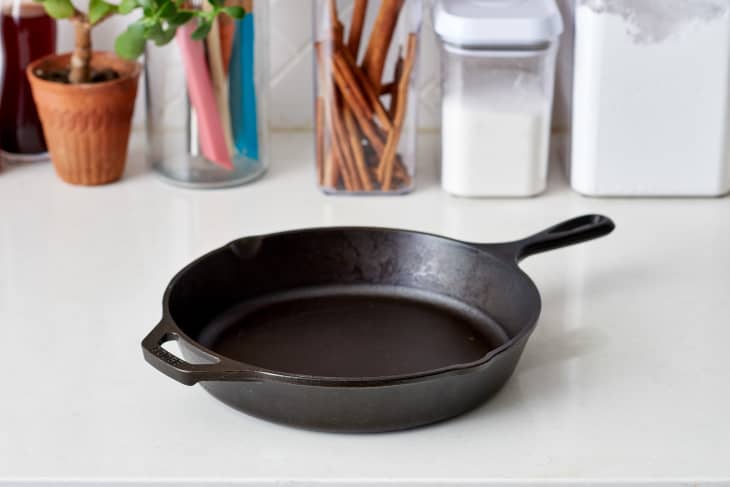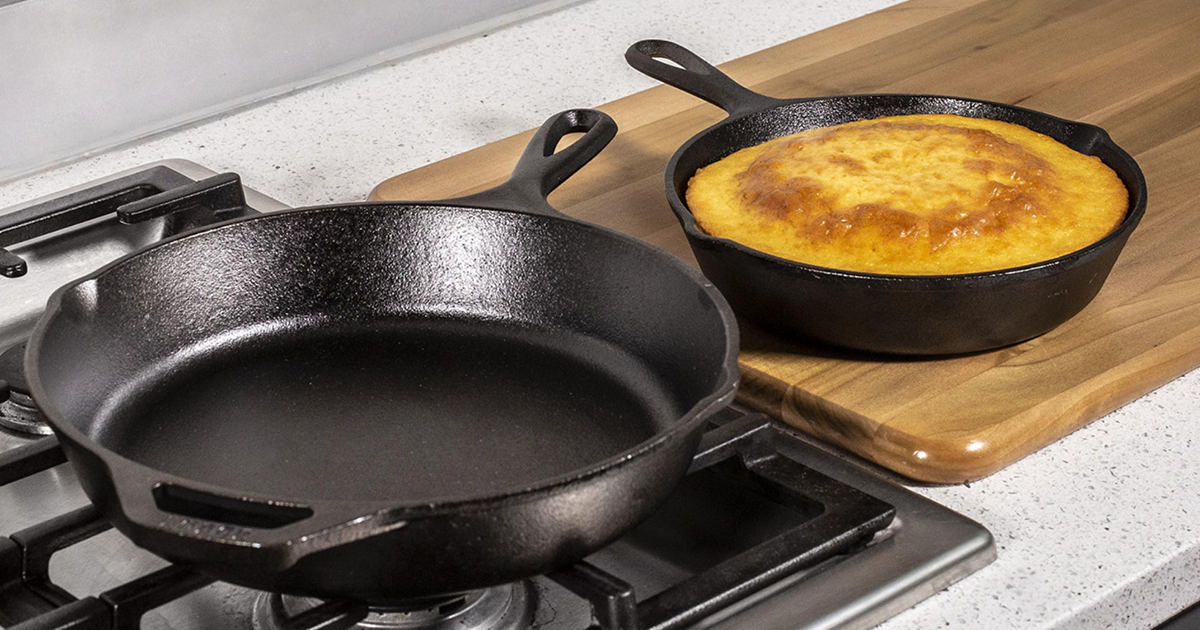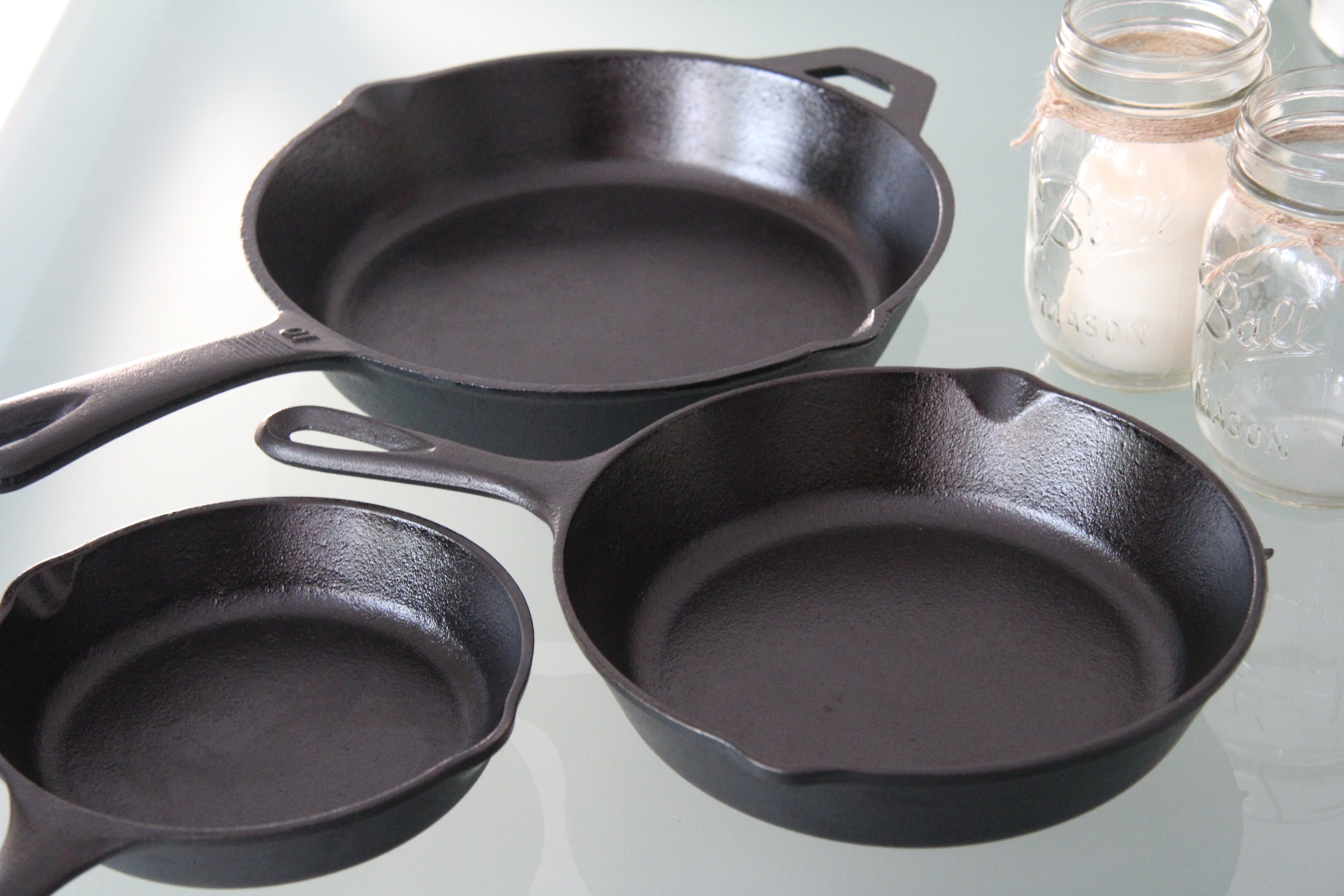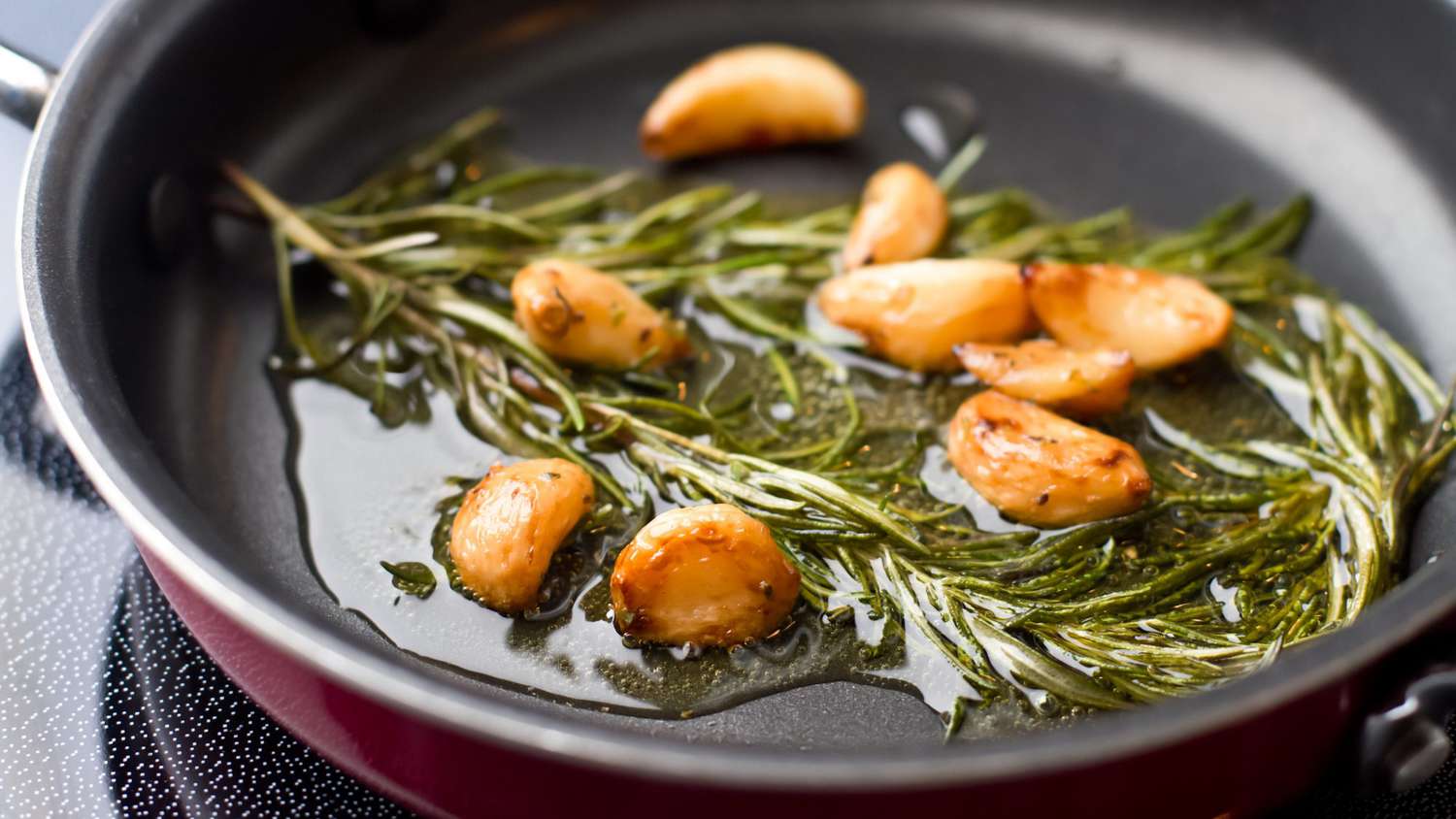For kitchen professionals, maintaining your kitchenware is essential. One significant tool that often gets overlooked is the cast iron skillet. This kitchen workhorse, renowned for its heat retention and even cooking, requires proper care to keep it in optimal condition. So, how to clean a cast iron skillet with boiling water? In this article, we will guide you through the remarkable technique of cleaning with boiling water, providing you with exclusive tips and tricks.
Cleaning a cast iron skillet can seem daunting, especially when you think of the flavor it holds from previous meals. But cleaning properly can greatly prolong its life. Using boiling water is a simple and efficient method that will save you time while keeping your skillet in top shape.

The Basics of Cast Iron Care
Understanding how to handle and care for your cast iron skillet is crucial. Always keep in mind the four key factors:
- Seasoning The life of your skillet depends greatly on how well it is seasoned.
- Cleaning Proper cleaning will prevent rust and other damages.
- Storage Storing your cast iron correctly can save it from moisture.
- Usage Knowing what to cook can affect your skillet's longevity.
Why Boiling Water Works
When cleaning your skillet, you may wonder why boiling water is an effective choice. This method effectively loosens food residues without the need for harsh chemicals that can damage the seasoning. Heres how:
- Heat: Boiling water expands food particles, making cleanup easier.
- Natural Cleaning: It eliminates bacteria without using scrapers or soap.
- Efficiency: Its quick and saves you time in your busy kitchen.
Step-by-Step Guide to Clean Your Cast Iron Skillet
Now that you know why boiling water works let's delve into the step-by-step process:
- Step 1: Begin by removing excess food particles from your skillet.
- Step 2: Place your skillet on the stove and pour in enough water to cover the bottom.
- Step 3: Bring the water to a rolling boil.
- Step 4: Carefully scrape the skillet with a wooden spatula to loosen any stubborn residues.
- Step 5: Once clean, carefully pour out the water and dry the skillet over low heat.
- Step 6: Finally, apply a thin layer of oil to protect the surface.
Post-Cleaning Care Within the Kitchen
After cleaning your skillet with boiling water, remember to:
- Store it in a dry location to avoid rust.
- Re-season it every few uses to maintain its non-stick surface.
- Use only gentle scrubbing tools to prevent damaging the seasoning.
For more related information on caring for your cast iron cookware, check out this care guide.
Common Misunderstandings about Cast Iron Skillet Cleaning
Many misconceptions can lead to damaging your skillet:
- Myth: You need soap to clean it. Truth: Soap can strip the seasoning.
- Myth: Cast iron can never be soaked. Truth: Soaking for a short time is acceptable when using boiling water.
- Myth: It's okay to use metal scrubbers. Truth: They can scratch your skillet.
Maintaining Your Skillet Between Cleanings
Regular maintenance can prevent tough cleaning jobs later. Some necessary measures include:
- After each use, always wipe down your skillet with a paper towel.
- For light cooking, using a non-metal utensil reduces scratches.
- Consider using a protective seasoning spray for added protection.
:max_bytes(150000):strip_icc()/1-TheSpruce_CamrynRabideau1-c5e33b19b848450c903729034e6e4949.jpg)
FAQs
1. Can I use soap to clean my cast iron skillet?
Using soap can strip the seasoning of your skillet. It's best to avoid it entirely unless in rare situations.
2. How often should I clean my cast iron skillet?
After every use, a light cleaning with boiling water is recommended.
3. What should I do if my skillet develops rust?
Restore it by scrubbing off the rust and re-seasoning the surface.
As an Amazon Associate, I earn from qualifying purchases.






Leave a comment
This site is protected by hCaptcha and the hCaptcha Privacy Policy and Terms of Service apply.